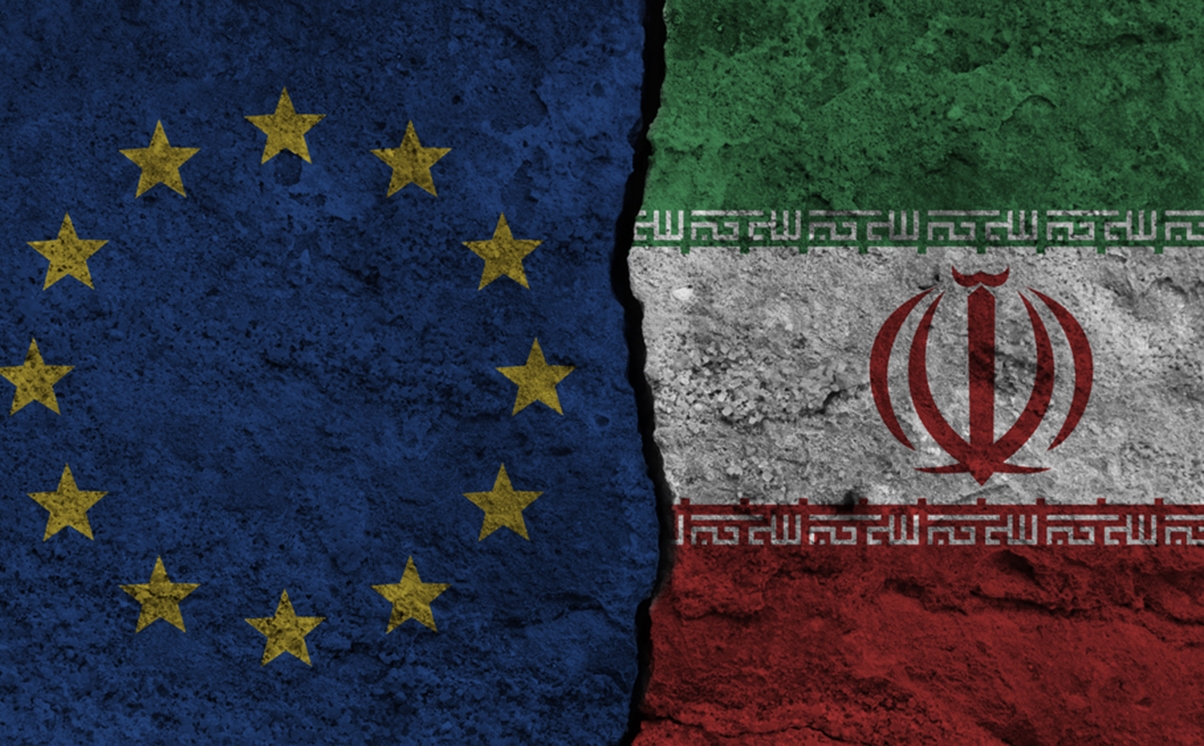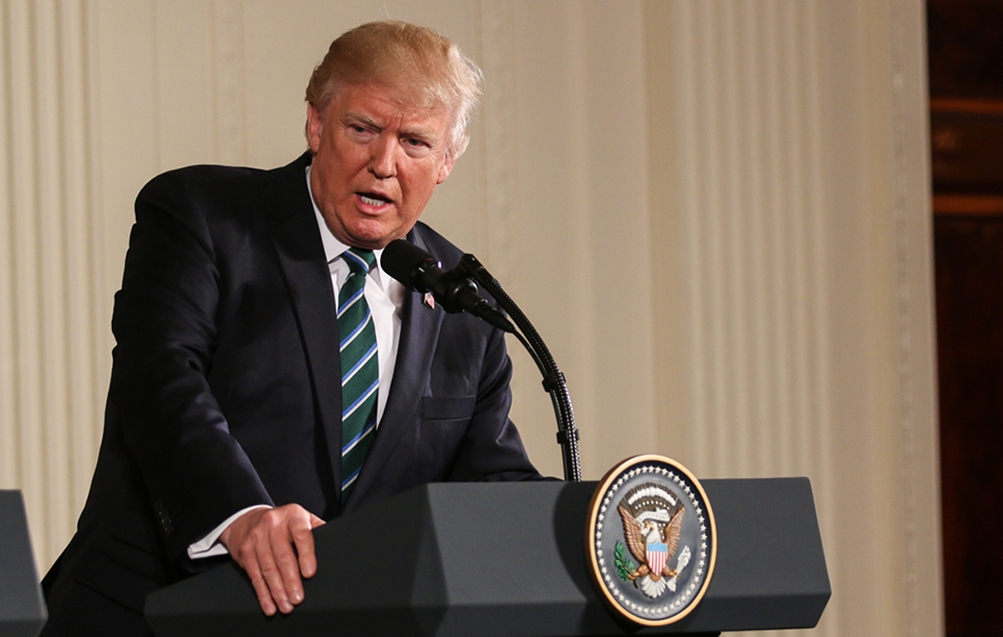The latest twist in President Trump’s US sanctions policy could have significant consequences for investors in Cuba and has prompted sharp reaction from the EU Commission. Frances Baird, an associate specialising in international sanctions disputes, explains the implications for individuals and corporates with business interests in Cuba.
Legal landscape
Title III of The Cuban Liberty and Democratic Solidarity (Libertad) Act of 1996 (the “Helms-Burton Act”), gives US nationals whose property was confiscated by the Cuban state on or after 1 January 1959 a right to bring a civil action for damages against any individual or organisation who “traffics” in that property. “Trafficking” is defined widely to include the use, sale, transfer, control, management and other activities to the benefit of a person. These stretch to “engag[ing] in a commercial activity using or otherwise benefiting from a confiscated property”, and “profit[ing] from trafficking by another person in confiscated property”.
Title III has been suspended by every US administration since it was enacted, but on 17 April 2019 the US Secretary of State, Mike Pompeo, announced that the current suspension will not be renewed. On that basis, Title III will come into effect on 2 May 2019, enabling US persons to bring civil claims in the US courts against those involved in trafficking.
Potential targets
Given that Title III has never been tested, it is difficult to predict precisely how it will be interpreted by the US courts, in particular who will be deemed to be involved in “trafficking”. The statute’s broad drafting extends further than direct owners of and investors in “confiscated” Cuban property and the following types of businesses could find themselves on the receiving end of lawsuits in the US:
- shareholders in Spanish hotel chains with Cuban operations;
- investors in LSE-listed funds with Cuban property interests;
- institutions that have acted as lenders to hotel chains for the development of properties on “confiscated” Cuban land; or
- businesses engaged in profitable trade with Cuban businesses that are based on or utilise “confiscated” property (eg a Chinese supplier of air conditioning units to a resort or apartment complex, or a European supplier of materials to a Cuban factory operating on “confiscated” land).
International reaction
The implications of Title III coming into effect are potentially highly significant: US assistant secretary of state for Western Hemisphere affairs, Kimberly Breier, has stated that the US government has certified claims worth approximately $8bn, and that there could be tens of billions of dollars’ worth of as-yet uncertified claims.
The EU and several states (including Spain, Canada and the UK) have spoken out in strong opposition to the move. In a joint statement by High Representative/Vice President Federica Mogherini and Commissioner for Trade Cecilia Malmström, the EU reiterated its “strong opposition to the extraterritorial application of unilateral Cuba-related measures that are contrary to international law”, and stated that “the EU will consider all options at its disposal to protect its legitimate interests, including in relation to its WTO rights and through the use of the EU Blocking Statute”.
Implications for EU businesses
The Blocking Regulation (Council Regulation (EC) 2271/96) (referred to in the EU statement as the Blocking Statute) applies to Title III. The Blocking Statute gives a dual layer of protection to any EU person facing a Title III claim in the US.
First, US courts’ judgments relating to Title III claims will not be recognised or enforced in the EU. Second, where any EU person is sued in the US under Title III and ordered to pay damages, that EU person can, under Article 6, sue the US claimant in the EU courts for exactly the same amount. In effect, Article 6 creates a ‘claw-back’ right enabling the EU person to recover in the EU courts whatever it is ordered to pay in the US courts. (The operation of the Blocking Regulation is discussed in full detail in a previous article – US Iran Sanctions and the EU Blocking Regulation – private law claims for damages).
The wide definition of “EU Person” (Article 11) includes all EU-incorporated companies, including subsidiaries of non-EU companies, and all EU and non-EU nationals residing or doing business in the EU.
Investors incorporated outside the EU may therefore wish to consider how their Cuban investments are held. Those held directly by or through US entities will be most vulnerable to the enforcement of any claims brought under Title III. Conversely, those held through EU-based institutions will have the protection of the Blocking Statute, and in particular the Article 6 right to claim damages in the EU courts. International companies may wish to consider whether to move Cuban investments into EU-based structures in order to benefit from this protection and consider carefully the structure of any new investments directly or indirectly involving Cuban property. This may be a particularly relevant consideration for investors based outside of the EU, in particular China, the largest non-EU investor in Cuba.
Conclusion
EU persons doing business involving Cuban property, or profiting from such business, whether directly or indirectly should be aware of the risk of claims against them in the US under Title III. In anticipating such claims, those at risk should take advice on the available protections under the EU Blocking Statute, including any potential alternative structures that may help them to secure that protection. Any EU persons faced with claims in the US, if and when Title III is implemented, should take advice on their ability to seek damages in the EU under Article 6 of the EU Blocking Regulation.
You can find further information regarding our expertise, experience and team on our International Sanctions Disputes page.
If you require assistance from our team, please contact us or alternatively request a call back from one of our lawyers by submitting this form.
Subscribe – In order to receive our news straight to your inbox, subscribe here. Our newsletters are sent no more than once a month.








